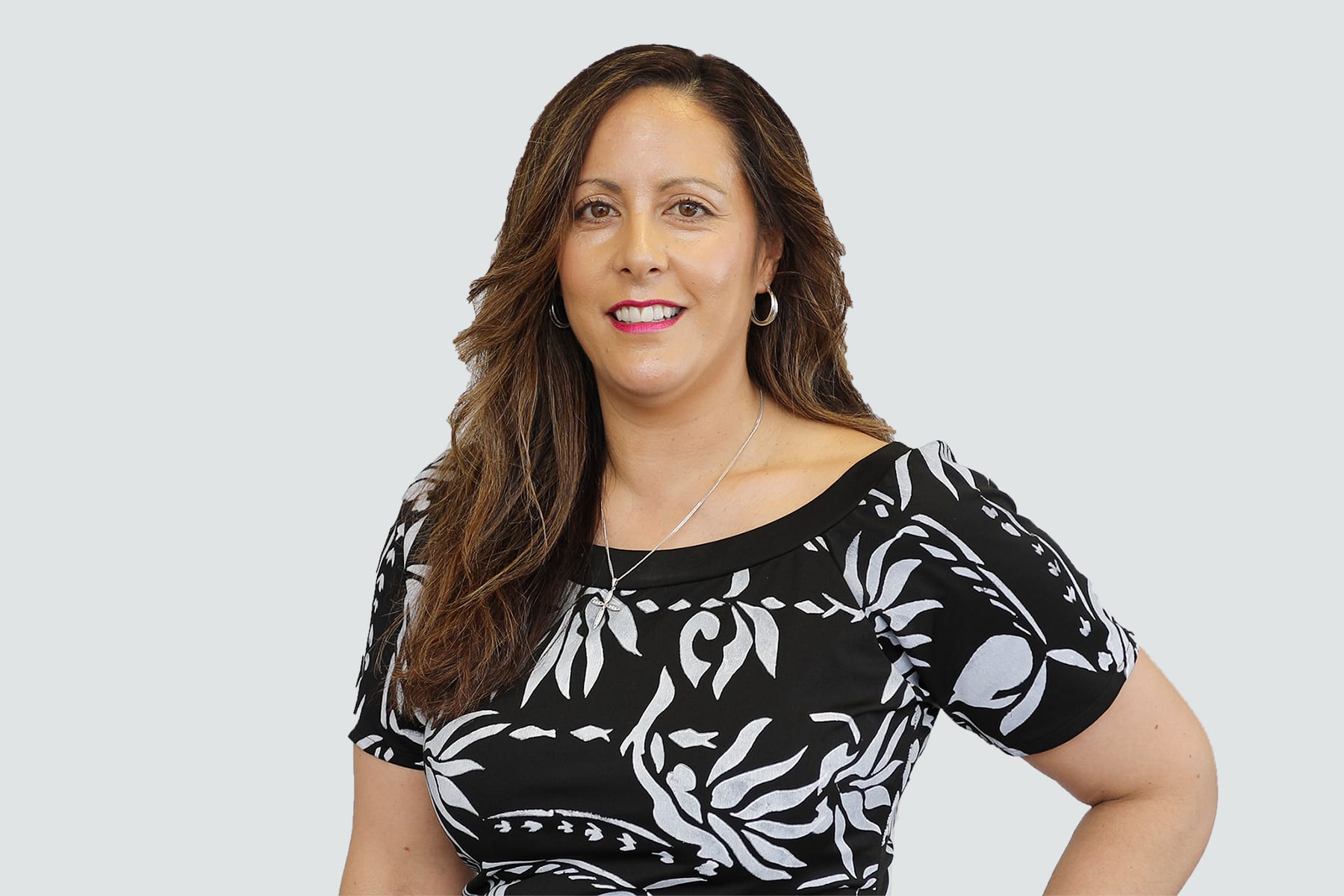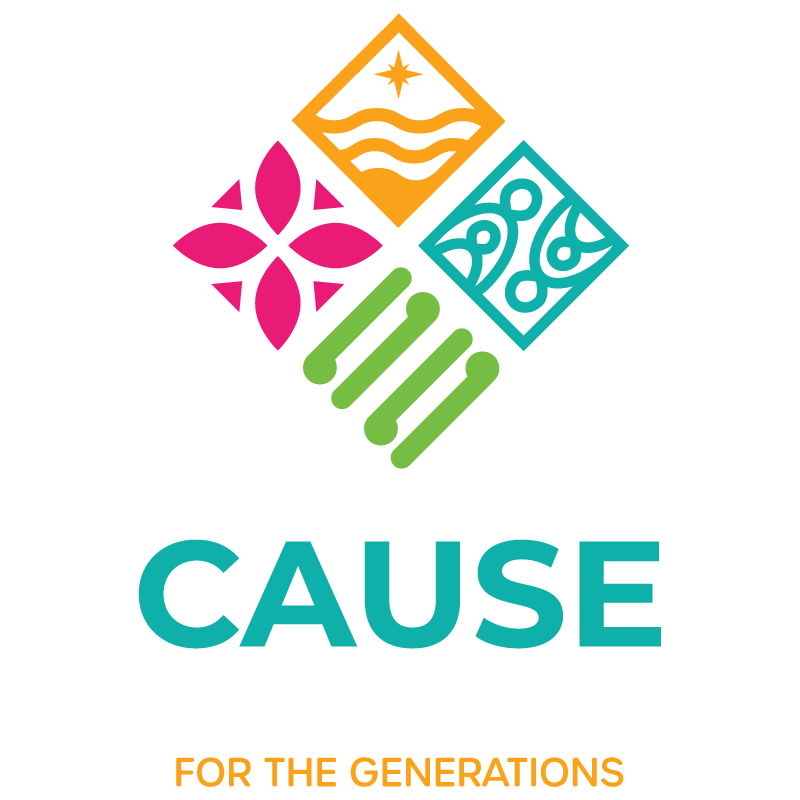South Auckland pacific church youth leaders gathered online last night to collectively respond to the latest resurgence of Covid-19 in the community.
Seventy church youth leaders and youth pastors from different denominations, joined an online talanoa (discussion) to understand what support is needed for South Auckland young people, and how they could mobilise their youth members to help protect their families and fellow church members.
Talanoa (COVID-19) was hosted by Do Good Feel Good, a youth-led movement backboned by The Cause Collective, a social change organisation focused on the wellbeing of Pacific peoples and South Auckland communities.

Chillion Sanerivi, Youth Systems Innovator, and Talanoa convener, says, “The online talanoa was a great opportunity to bring pacific church youth leaders and pastors together to begin conversations that will lead to change in South Auckland.”
“It was encouraging to see many leaders and hear their intention to work together. We’re all trying to navigate through a Covid-19 environment, which isn’t easy as it’s live in our community. Typically, we tend to all operate within our own denominations rather than as a collective which is the best way forward.”
The Talanoa was launched just two days prior to the event taking place on Thursday 20 August. Representatives from several different church denominations were present including Assembly of God, Congregational Christian Church of Samoan, Methodist, Catholic and Seven Day Adventist and Church of Latter Day Saints.
“We know that our young people are critical in the fight against Covid-19 and they have a role to play in helping parents and grandparents navigate this new normal,” says Rachel Enosa, Chief Executive.

“Our Pacific churches are a great place for supporting not only the spiritual wellbeing of our families but also in providing practical support in times of need. We’re happy to support our youth pastors and leaders to help our young people in these uncertain times.”
Suivaaia Pritchard, Children’s Ministry Director of Life Church Manurewa, was part of the online talanoa and took away several key learnings including young people need to stay connected and some churches were better prepared than others for Covid-19.
“There seemed to be two distinct groups of churches. One end of the spectrum are churches with processes and support in place to keep their members engaged. Then on the other end some were still learning how to implement stuff in Covid-19 such as online church services, and making available appropriate PPE,” she says.
“It was cool to hear from young people who shared openly about how they were feeling. Several people missed the physical engagement with their peers, either hanging out for youth group or choir. While others expressed that they needed daily spiritual encouragement during lockdown as they were becoming disengaged at home.
“The talanoa will enable our youth group and church to have our own internal conversations where we can ask brave questions and get authentic answers from
members about whether we’re doing our best to support our youth and church.”
Apulu Reece Autagavaia, of the Ōtara-Papatoetoe Local Board, and member of the Elim Church was impressed with the insights shared.
“It was a really great way to bring youth leaders from across Pacific churches in New Zealand and share their experiences around the impact of Covid-19. I heard many
comments by young leaders confirming how they are under enormous pressure to find work as family members are made redundant and today are too old for vacancies,” he says.
“On the other side of the spectrum, I also heard great initiatives by various churches. One pastor set up a Covid-committee in the church with doctors, lawyers and nurses who were proactive in obtaining official health and government information, translated it, and packaged it for the wider congregation. Other youth groups assisted in food parcel deliveries and others helped their elderly church members by teaching them how to connect online and surf the internet. Such is the benefit of this online meeting that ideas are shared among groups that might not have otherwise met up.”

